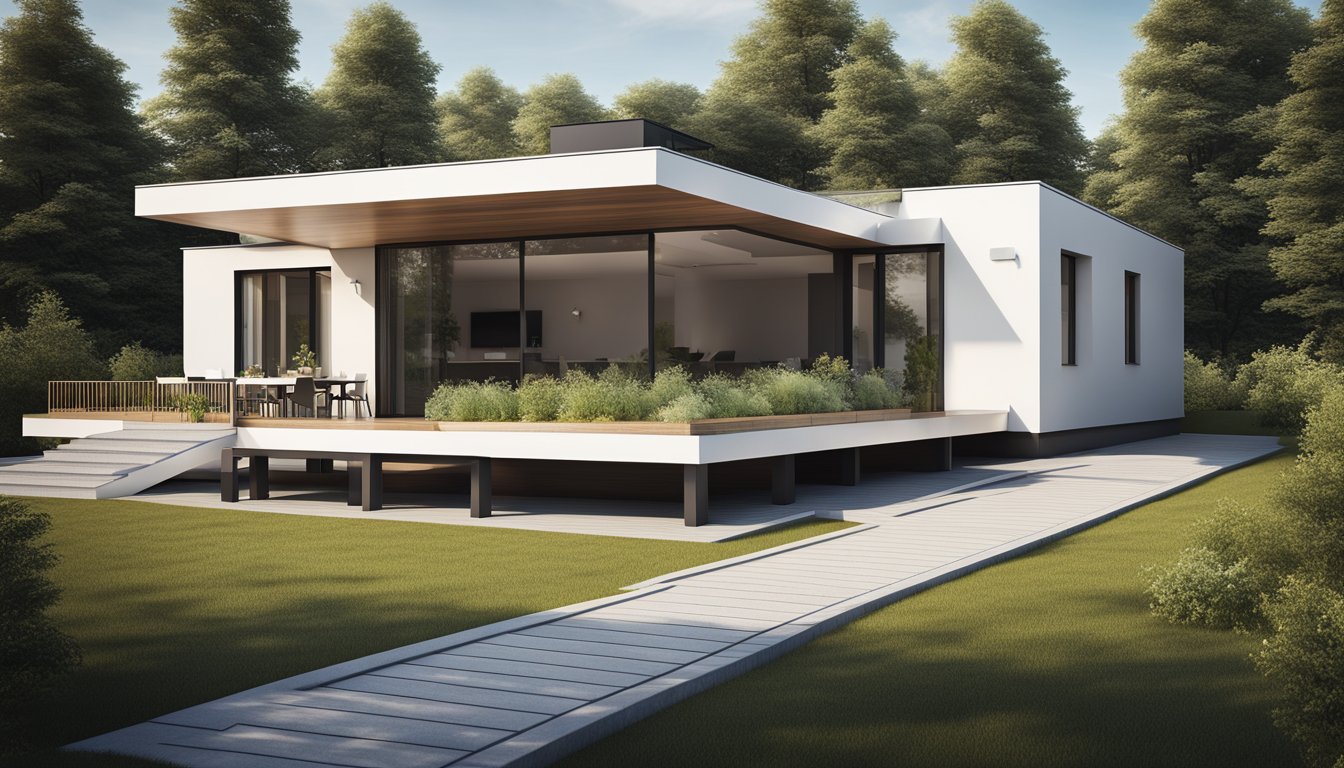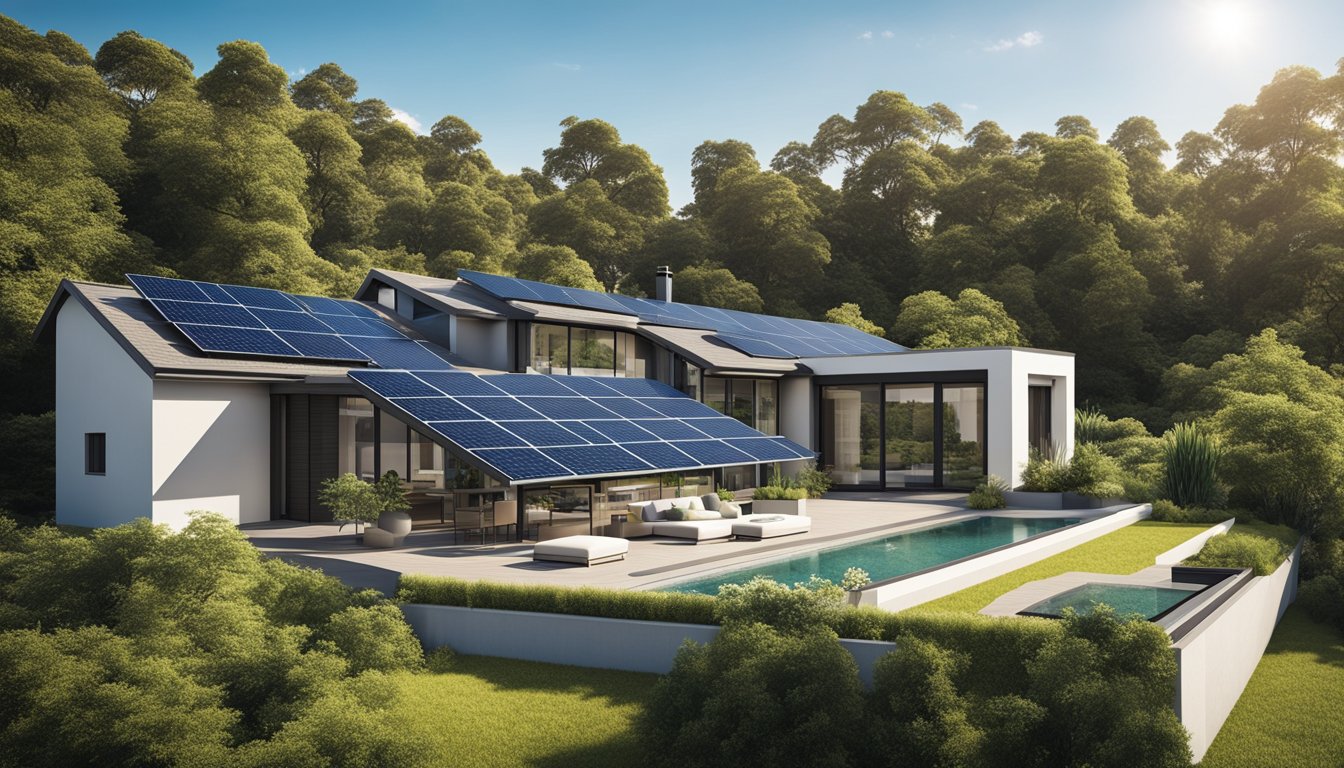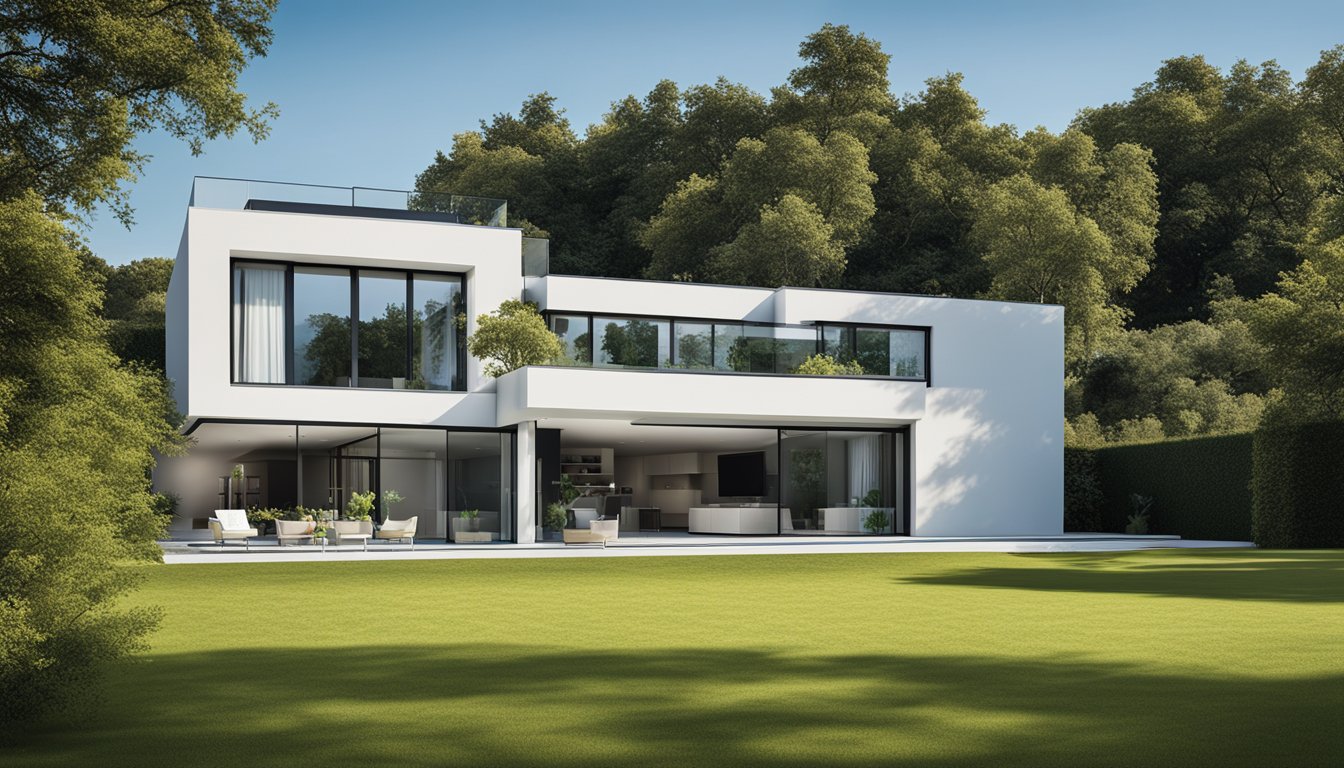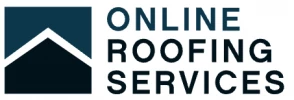Late updated: 08 Jan 2025 09:01
Written by: Oliver Bennett
Latest UK Roofing Trends for Modern Homes: Innovations and Styles
In the rapidly changing landscape of UK architecture, the roofing trends for modern homes in 2024 are nothing short of transformative. With a focus on sustainability and innovation, homeowners are embracing new roofing designs that harmoniously blend aesthetics with function. Eco-friendly materials and integrated technologies are revolutionising the industry, promising both style and efficiency for contemporary dwellings.

We are witnessing a shift towards sustainable solutions, where energy-efficient roofing topologies are taking centre stage. Advancements in solar roofing systems offer not only environmental benefits but also significant reductions in energy costs. The use of cool, neutral colours such as shades of grey enhances the home's visual appeal, reflecting a sleek and sophisticated essence.
At the heart of these developments is a commitment to marrying technology with environmental stewardship. As we explore these cutting-edge trends, it's clear that the modern UK home is set to redefine how we think about residential environments. Embracing these innovations, we are paving the way for a future where technology and sustainability go hand in hand in our housing designs.
Key Takeaways
- Innovative eco-friendly roofing materials are in focus.
- Solar roofing systems are becoming more cost-effective.
- Modern roof designs feature neutral shades for a sleek look.
Advancements in Eco-Friendly Roofing
Eco-friendly roofing is transforming the way we approach home design by integrating nature, technology, and sustainable practices. Our focus explores how green roofs enhance biodiversity, sustainable materials reduce environmental impact, and innovations in energy efficiency improve insulation.
Green and Living Roofs
Green roofs are a prime example of merging nature with architecture. By covering rooftops with vegetation, we not only create aesthetically pleasing environments but also support biodiversity. These installations can significantly mitigate the urban heat island effect, resulting in cooler urban temperatures.
By incorporating urban gardening, green roofs present opportunities for growing plants, creating habitats for local wildlife, and promoting ecological balance. This approach not only enhances the visual appeal but also plays a crucial role in improving air quality and providing thermal insulation.
Sustainable Materials and Design
The trend towards sustainable materials in roofing is noteworthy. We are witnessing a surge in the use of recycled materials such as rubber and metal, reducing demand for new resources. These materials offer durability and eco-friendliness, contributing to long-lasting roofing solutions.
Innovative designs focus on minimising waste and carbon footprint. By selecting sustainable roofing materials, including cool roofs designed to reflect more sunlight, we enhance the building's energy efficiency. These materials play an essential role in developing roofing technology that reduces the environmental impact and aligns with eco-friendly goals.
Energy Efficiency and Insulation
Energy-efficient roofing is crucial in reducing heating and cooling costs. Advances in insulation materials, such as reflective coatings and thermal barriers, keep homes comfortable across seasons. By improving insulation, we achieve substantial energy savings and reduce energy consumption.
Furthermore, integrated solar roofing systems provide renewable energy generation and support sustainable living. The combination of solar panels and energy-efficient design elements allows us to harness solar power efficiently. This approach not only lowers utility bills but also ensures the sustainability of our modern homes.
Innovation in Solar Roofing Systems

As we explore innovations in solar roofing, it's evident that recent advancements focus on integrating solar technology with existing roofing materials and incorporating smart features. These improvements not only boost energy efficiency but also enhance the aesthetic appeal and connectivity of modern homes.
Integration of Solar Technology
The merging of solar technology with traditional roofing materials has transformed the outlook of sustainable roofing solutions. Solar panels are no longer bulky and are often seamlessly integrated as solar tiles or solar shingles.
These elements are designed to mimic the look of conventional roofing materials while offering the benefits of solar energy. Solar roofing tiles are a popular choice, as they maintain a sleek appearance, preserving the architectural style of homes. These innovations support energy efficiency and have the potential to reduce overall energy bills significantly.
Incentives from the government also encourage homeowners to adopt solar roofs. Such initiatives not only promote renewable energy usage but also potentially offer financial benefits. The shift towards these technologies represents a substantial move towards more sustainable living.
Smart Roofs and Home Automation
Smart roofs are at the forefront of modern solar innovations, offering a blend of technology and environmental benefits. With integrated systems, homeowners can now monitor and optimise their energy usage in real-time. Integrated sensors in solar roofs provide feedback on energy production and consumption patterns.
Home automation features connect these systems to broader smart home networks. Thus, we can control how our roofs interact with other smart devices, enhancing our home’s energy efficiency.
The fusion of smart technologies with solar systems makes it feasible to create an efficient, interconnected, and environmentally conscious living space. This development not only reduces energy costs but also helps in regulating indoor climate, proving its worth as a significant advancement in sustainable home design.
Frequently Asked Questions

In the evolving landscape of UK roofing, materials, environmental impacts, and modern styles take centre stage. Technological progress and stringent regulations further drive innovations, providing energy-efficient solutions for homes.
What are the predominant materials being used in contemporary UK roofing?
Contemporary roofing in the UK favours materials like metal, slate, and sustainable options. These choices are popular for their durability and weather resistance. Metals such as aluminium and copper not only offer resilience but also modern aesthetic appeal.
How are environmental considerations impacting roofing choices in modern UK homes?
Sustainability plays a significant role in today’s roofing decisions. Homeowners increasingly opt for eco-friendly materials that reduce environmental impact. Recycled or locally sourced materials are in demand, aligning with a broader commitment to greener building practices.
What roofing styles are currently popular for new builds in the UK?
Modern builds in the UK often feature minimalist designs such as flat roofs and integrated solar panels. These styles complement contemporary architectural trends and offer practical benefits like improved energy efficiency. The sleek and low-profile appearance of flat roofs is particularly sought after.
How are technological advancements influencing roofing designs in the UK housing market?
Innovations such as smart roofing technology and integrated solar panels are transforming roofing design. These advancements not only boost energy efficiency but also offer enhanced monitoring capabilities. The incorporation of high-tech insulation materials helps maintain optimal temperatures and reduce energy usage.
What roofing solutions are recommended for enhancing energy efficiency in UK homes?
Solutions such as solar roofs and advanced insulation materials markedly improve energy efficiency. Heat-reflective coatings and green roofs also contribute to reducing energy consumption. These options allow homeowners to lower their carbon footprint while benefiting from reduced utility costs.
What are the latest regulations affecting roofing construction and materials in the UK?
UK roofing regulations emphasise safety, sustainability, and energy efficiency. Building codes increasingly require materials that meet specific environmental standards. Homeowners and builders must adhere to these guidelines to ensure compliance and enhance the overall quality of construction.
